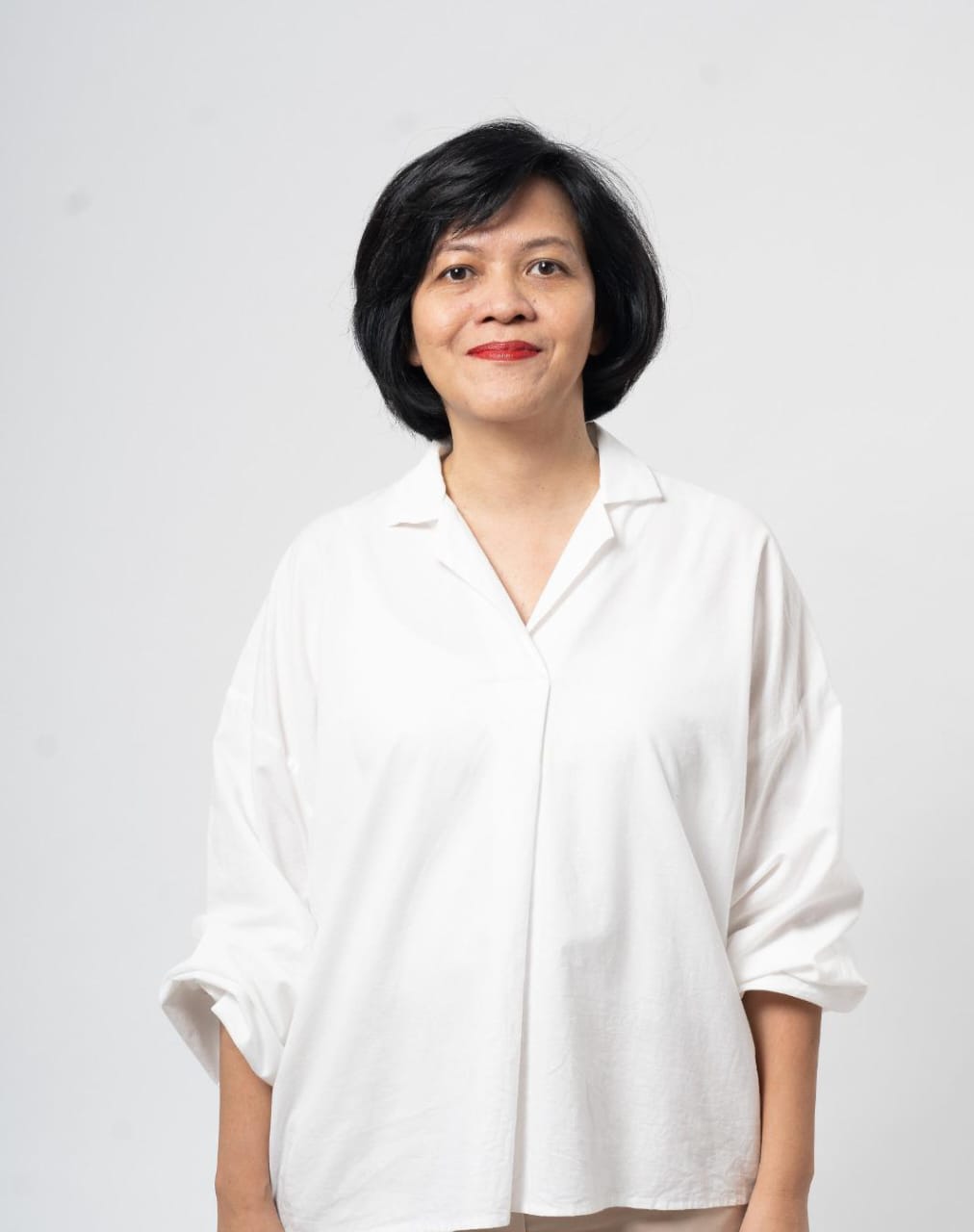The demographic bonus experienced by Indonesia can be both an advantage and a challenge. Currently, the Indonesian population is dominated by those born between 1997 and 2012, who are usually referred to as Gen Z. With their distinctive characteristics–which are different from previous generations, Gen Z tends to express a desire for new and more challenging things, including: work. However, they do not yet have the skills and self-confidence to manage the environmental uncertainty that occurs, thus potentially giving rise to self-anxiety.
With this character, it is important to increase attention to psychosocial aspects in the work environment. The work environment no longer only focuses on physics, chemistry, biology and ergonomics, but needs to start focusing on psychosocial exposure (workload, relationships between co-workers). This was conveyed in an inauguration speech as a professor at the Universitas Indonesia (UI) this morning. The speech entitled “The Role of Psychosocial Aspects of Occupational Medicine to Increase the Productivity of Indonesian Workers Facing the Challenge of the Demographic Bonus” was read by Prof. Dewi, Professor of Community Medicine, specifically on Occupational Medicine, Faculty of Medicine (FK) Universitas Indonesia (UI) in the IMERI Building Hall, UI Salemba Campus, on Saturday (2/12).
According to her, psychosocial problems should not be ignored in the work environment. Based on the results of the International Labor Organization (ILO) survey from 2020 to 2022 regarding violence and bullying against workers in Indonesia, 71% of workers have experienced violence or bullying, of which 77% is psychological violence and bullying. This is further reinforced by the fact that 63% of workers experience mental health disorders of “sadness and discomfort” at work.
The ability to manage stress and achieve a healthy lifestyle decreases with each generation. If this phenomenon continues, then in the future, the young generation dominated by Gen Z will be the generation with the most stress, considering that this is related to the character of Gen Z who do not have boundaries with other individuals, making it possible for them to be easily unstable due to exposure to information and fast changing conditions.
“We must remember that it is very important to make our workers safe (not sick or injured) and comfortable (comfortable working in the work environment and comfortable in their hearts) while working. One of them is by paying attention to psychosocial exposures in the work environment, as to immediately detect if there are mental health problems of workers which must be immediately addressed by related parties, such as HRD, company doctors, company management, and others, so that workers remain productive and thus, indirectly provides sustainability for the welfare of society as a whole,” said Prof. Dewi.
According to Prof. Dewi, Occupational Medicine has an important role in psychosocial aspects to increase worker productivity facing the 2045 demographic bonus which has started in 2020. Occupational medicine doctors can provide mental and physical health evaluations to workers by identifying potential dangers in the work environment (especially potential dangers of psychosocial aspects), health examination of workers, determining whether or not a diagnosis of work-related disease is present, determining suitability for work or returning to work, as well as providing recommendations/solutions needed to overcome work stress, work-related fatigue and other work health problems.
With a holistic approach, Prof. Dewi said that Occupational Medicine can help workers maintain their mental and physical health, thereby increasing their productivity and contribution in the work environment. Apart from that, doctors in the field of Occupational Medicine together with other health workers can also provide training and workshops regarding stress management, work-life balance, and strategies to improve workers’ welfare in facing changes in the work environment and future work demands.
This inauguration procession was led by the Chairman of the UI Board of Professors (DGB), Prof. Harkristuti Harkrisnowo, S.H., M.A., Ph.D., which was broadcasted live via the Universitas Indonesia YouTube channel and UI Teve. Among the invited guests, the Head of the Aviation and Space Health Institute (Lakespra dr. Saryanto), First Marshal TNI dr. Mukti Arja Berlian, Sp.PD., Sp.Kp.; and Commissioner of PT. Prodia Endang Wahjuningtyas Hoyaranda were present.
Prof. Dewi succeeded in obtaining a medical degree at FKUI in 1987. Then, she continued her Masters of Science in Medical Health/Occupational Medicine, Occupational Health and Safety Study Program, Postgraduate UI and graduated in 1997. Then, she continued to the Specialist I level and obtained the title of Occupational Medicine Specialist in the brevet of the Indonesian College of Occupational Medicine, in 2003. In 2010, she graduated with a Doctorate in Medical Sciences FKUI and continued her Specialist-II level (Psychosocial Subspecialist in Occupational Medicine) in the brevet of the Indonesian Collegium of Occupational Medicine, in 2021.
Some of her research has been published in scientific journals in 2023, entitled Validity and reliability test of the brief symptom rating scale 5 (BSRS-5) questionnaire in Indonesian version as an assessment tool for psychological disorders in Indonesia; Physician’s hesitancy in treating COVID-19 patients and its associated occupational risk factors in Indonesia: an online cross-sectional survey; Changes in Behavior in Using Personal Protective Equipment (PPE) After Being Infected with COVID-19 among Doctors in Indonesia: A National Survey at the Beginning of the Pandemic; Pediatrician’s Perception of Air Pollution and Its Impact on Children’s Health in Indonesia; and Effort-reward imbalance, emotional exhaustion and depersonalization among public primary health care physicians: a cross-sectional study in Indonesia.
Author: Maudisha AR



